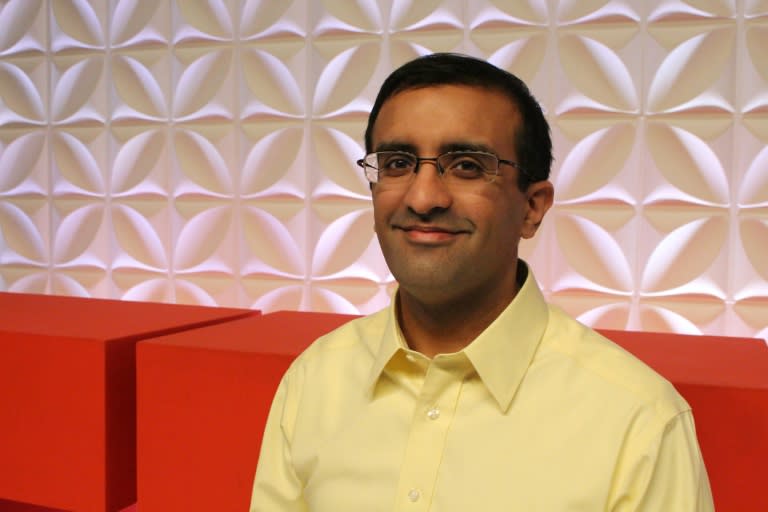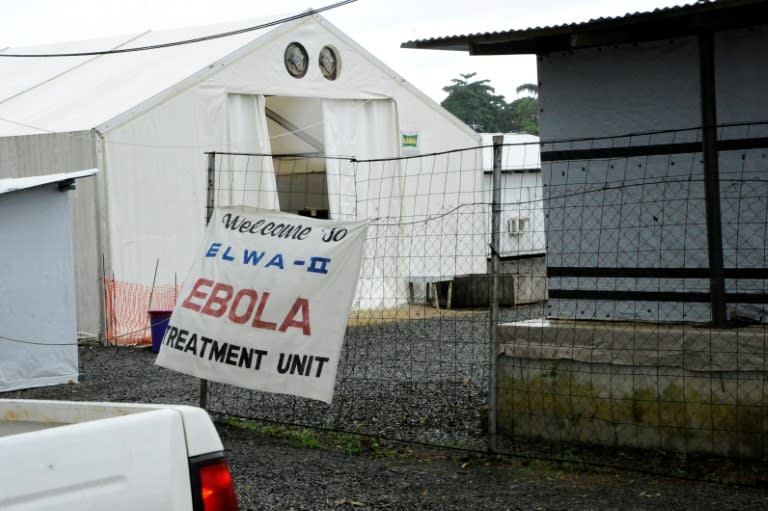Health care visionary from Liberia wins coveted TED prize
Raj Panjabi, who fled to the United States to escape civil war in his native Liberia, eventually returned to his shattered homeland to find rural communities desperate for adequate health care. The trained physician co-founded Last Mile Health in Liberia, which aims to recruit, train, equip and manage people in communities to serve as local health care workers. He spoke about his organization Tuesday at the TED Conference famous for "ideas worth spreading," sharing his dream of revolutionizing health care. The innovators, entrepreneurs, influencers, and artists known as 'tedsters' picked his innovative health care project as the winner of a coveted million-dollar TED Prize awarded each year to a visionary idea. "It has always been true in history that illness has been universal and access to care has not," Panjabi said during an interview before speaking to the TED audience late Tuesday."This is a story of people in rural areas around the world," he said. Seed money Dr. Panjabi used to start Last Mile Health came from cash he had received as a wedding gift. The operation has grown to provide care for tens of thousands of people, and win support from Liberia's health ministry, according to TED. During the Ebola crisis, Panjabi's organization supported the Liberian government's response, training more than 1,300 health workers on infection prevention and control at clinics. "As global citizens, we're living in a tumultuous moment," said TED Prize director Anna Verghese. "Raj understands more than anyone that disease adheres neither to borders nor to nationalities." - A health care army - Panjabi wished for help creating a global academy, recruiting the "largest army of health care workers the world has ever known." People with middle- or high-school level educations would be hired from their communities, then given training, medicines and support to provide health care to neighbors. "The challenge is, we can't do that without technology," Panjabi said. "A lot of people worry about technology these days; in this case technology is creating jobs." The academy will start in Liberia, where Last Mile Health has operated for a decade, with a goal of expanding around the world, according to Panjabi. Smartphones, inexpensive testing kits, and online education would be key components for realizing the grand vision, according to the doctor. "We would like to see a collision between the digital education revolution and the digital health revolution," Panjabi said. The vision for the academy involves with governments to enable trained volunteers to qualify for accreditation that could lead to careers. The academy would also collaborate with entrepreneurs to put innovations, such as solar power for medical clinics, to work in remote areas. "There is a chance to transform health care around the world," Panjabi said. For any policy maker interested in expanding access to health care, and saving money in the long term, this is a "no-brainer" because stopping illness early cuts costs and can curtail outbreaks, he reasoned. The goal is to have rural care paid for with public funds or insurance schemes, the Liberian prize winner said.



